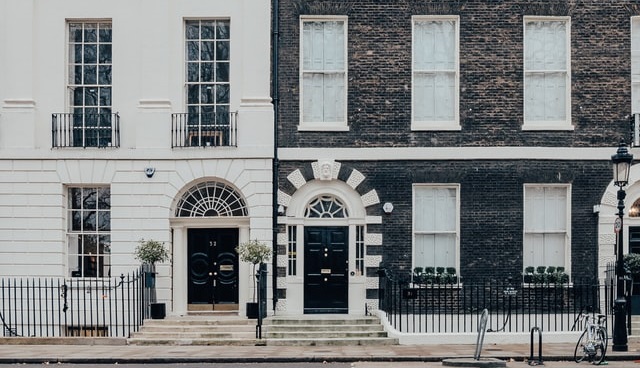If you only ever have one home at a time, Capital Gains Tax (‘CGT’) on any gain on it is simple: broadly, you don’t need to worry about it. Things can get a little more complicated if you and your spouse (or civil partner) both come to the relationship owning a home (as Angela Rayner may have failed to spot) but otherwise a ‘one-homer’ is generally spared complexity.
Things are a little more interesting if you have two or more homes (on the latest figures there are over 700,000 of you in the UK). CGT exemption is available on any capital gain you make on disposal of your ‘main residence’. But you have a free choice in deciding which of your homes will be treated for tax purposes as your ‘main residence’ and so eligible for this valuable exemption. You do this simply by telling HMRC (in writing) which home you want to be so treated.
Any nomination must be made within two years of the date on which the number of homes changes; is effective from the date of the change; and falls away on any subsequent change in the number or identity of your homes (when, of course, a fresh nomination may be made).
So, typically, the trigger for a nomination would be the purchase or sale of your main home or of a holiday home, but in principle could also be when you start or stop using as a ‘home’ a property you already own; or even in some cases when you start or stop living in a property which you don’t own.
It’s usually best initially to nominate as your ‘main residence’ the property which is in fact your main residence. That way, the worst that will happen is that such a nomination will have no effect whatsoever on your tax liability.
So why make it? Because once a nomination is in place it can be varied at any time and as often as you wish.
Historically, the main attraction has been that once a property has been treated as your ‘main residence’ for any period (however short that period) the gain attributable to the last three years of ownership has automatically qualified for tax exemption. That ‘three years’ has been whittled down over the years (some MPs got the planning into disrepute by – legitimately but distastefully – bouncing nominations between London and constituency homes financed by the taxpayer) and now stands at just nine months. That reduction has made the practice rather less rewarding: but keeping your options open by making the initial nomination remains a sensible and low-cost strategy. Life is full of changes and you never know when it might be desirable to switch the nomination.
We should add for completeness that if you are tax-resident in the UK but have a residence overseas, or if you are tax-resident overseas but have a home in the UK, the ‘main residence’ rules get a bit more complicated and you should definitely seek advice. And, of course, a gain may give rise to a tax charge both in the country in which you are tax-resident and that in which the property is located. Happily, there will almost always be a double taxation agreement providing for any tax charged by the country in which the property is located to be offset against tax payable in the country in which you are tax-resident.
All long-established advice, but worth repeating.
For more information on the tax implications of second-home ownership, please get in touch with your usual BKL contact or send us a message.







